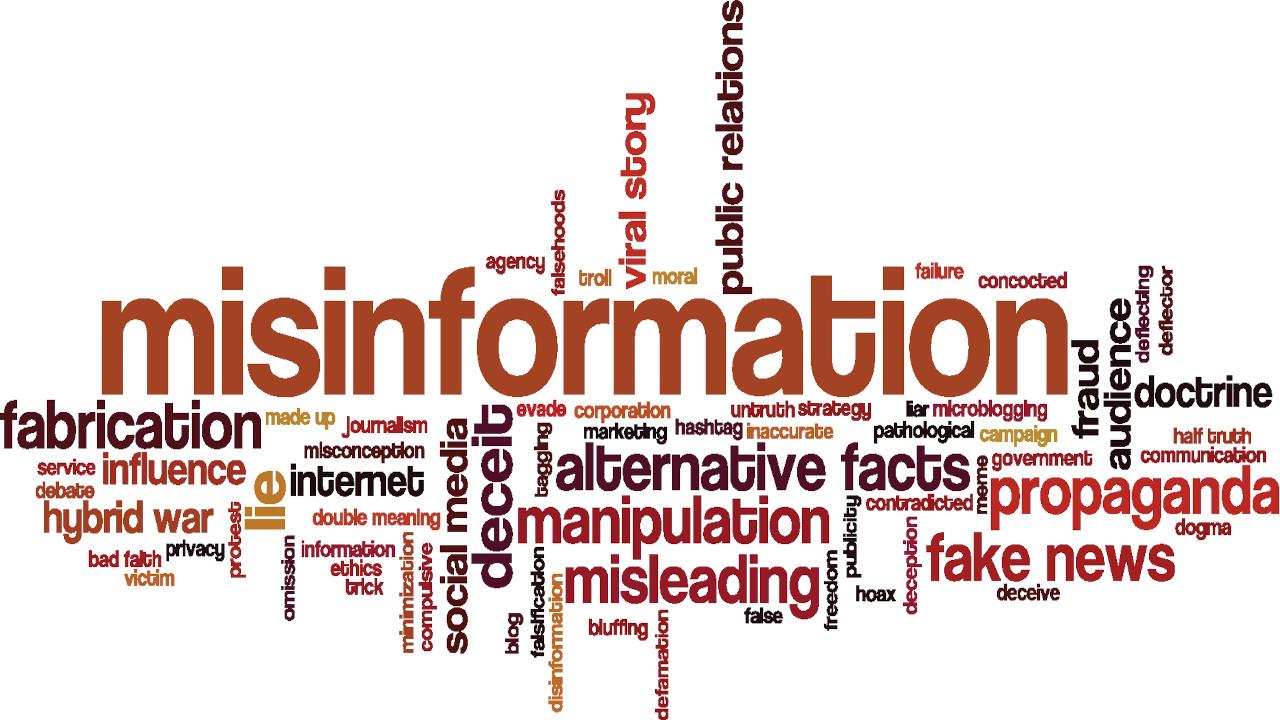It’s one of the most vexed questions of our time: What can we do about misinformation?

How do we deal with a world in which it spreads at the speed of light and no one seems able to stop it?
Rotary (Clubs & Members) need to make high-quality and reliable information free to everyone. And we need to be creative about how we present it, so it is clear and compelling. It needs to reach our members, our stakeholders, young people and the
elderly, the disenfranchised, diverse and socially isolated. Facebook is one of a number of evolving social media forums in which Rotarians engage.
Dr David Rolph, Associate Professor at the University of Sydney Faculty of Law, specialising in media law has stated “A publisher can be held responsible for defamatory comments readers leave on its Facebook pages, the High Court ruled today in a decision that could have far-reaching consequences for social media users throughout Australia.”[i]
“This decision may mean anyone who runs a social media page can theoretically be sued over disparaging comments posted by readers or random group members — even if you aren’t aware of the comment.”
On the 8th September 2021 the High Court of Australia dismissed the appeals from the Supreme Court of NSW and held by a majority 5-2[i] that media publishers are liable for defamatory third party comments posted on their social media pages, because by facilitating and encouraging the comments they assist in their publication.[ii] Three cases were determined by the High Court of Australia, known as the Voller cases. Each appellant[iii], by the creation of a public Facebook page and the posting of content on that page, facilitated, encouraged and thereby assisted the publication of comments from third-party Facebook users. The appellants were therefore publishers of the third-party comments.[iv]
The Implications for Rotary are Immense and Immediate. If Rotary and or Rotarians post content on their Club social media pages and encourage or invite comments from our members or the public — and people post defamatory comments there — you are deemed to be legally the “publisher” of those comments and can be sued, thanks to the Voller ruling.
It’s noted that Facebook[v] and Instagram[vi] page administrators can turn off comments altogether, and Twitter[vii] allows you to restrict comments so only certain people can post to it.
The ruling in the Voller cases (see actual defamation issues in the Rolph article[viii]) should encourage all social media account managers to make greater use of these features and tightly restrict comments on controversial matters — or, where possible, switch them off completely.
This would be my recommendation – a clear Notice to All Clubs in the District, if not Australia to disengage the comments feature on controversial matters
Rolph goes further and states…...“Today’s ruling may mean if you post something to a social media platform and encourage or invite third party comments, you could be liable for any comments that follow. So it could affect individuals, online community groups, neighbourhood Facebook pages, the local P&C Facebook page, and so on.”[ix]
We are on Notice.
Paul Rogers
Past President (2019-2020)
Kurrajong North Richmond Rotary Club Inc.
Professional Ethics Chair District 9685 (2019-2022)
Youth Protection Officer District 9685 (2021-2022)
LL.B.,LL.M.,LL.M.,MAppSc.,AWM.,WSUCF.,PHF.,DSA.
[i] KIEFEL CJ, KEANE, GLEESON, GAGELER AND GORDON JJ in the majority and EDELMAN, STEWARD JJ in the minority.
[ii] Fairfax Media Publications Pty Ltd v. Voller (S236/2020); Nationwide News Pty Limited v. Voller; Australian (S237/2020); News Channel Pty Ltd v. Voller (S238/2020) https://www.hcourt.gov.au/cases/case_s236-2020
[iii] FAIRFAX MEDIA PUBLICATIONS PTY LTD; NATIONWIDE NEWS PTY LIMITED; AUSTRALIAN NEWS CHANNEL PTY LTD
[v] How do I turn off commenting on a post in a Facebook group? https://www.facebook.com/help/987143528046827
[vi] How do I turn comments on or off for my Instagram posts? https://help.instagram.com/1766818986917552
[vii] How to control your Twitter experience https://help.twitter.com/en/safety-and-security/control-your-twitter-experience

